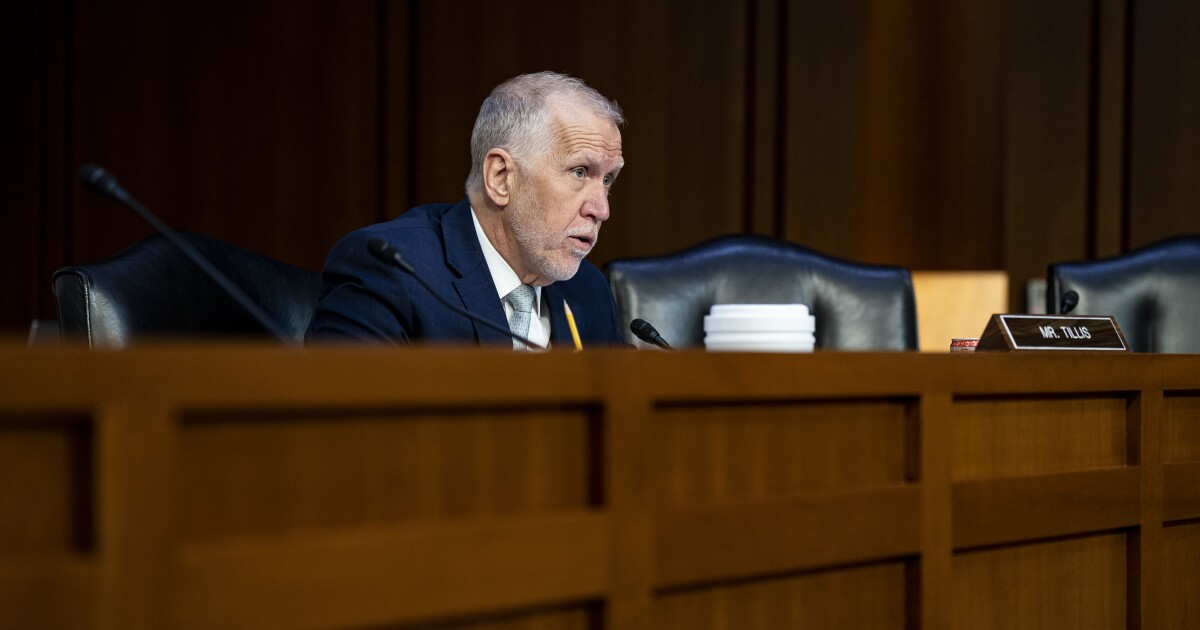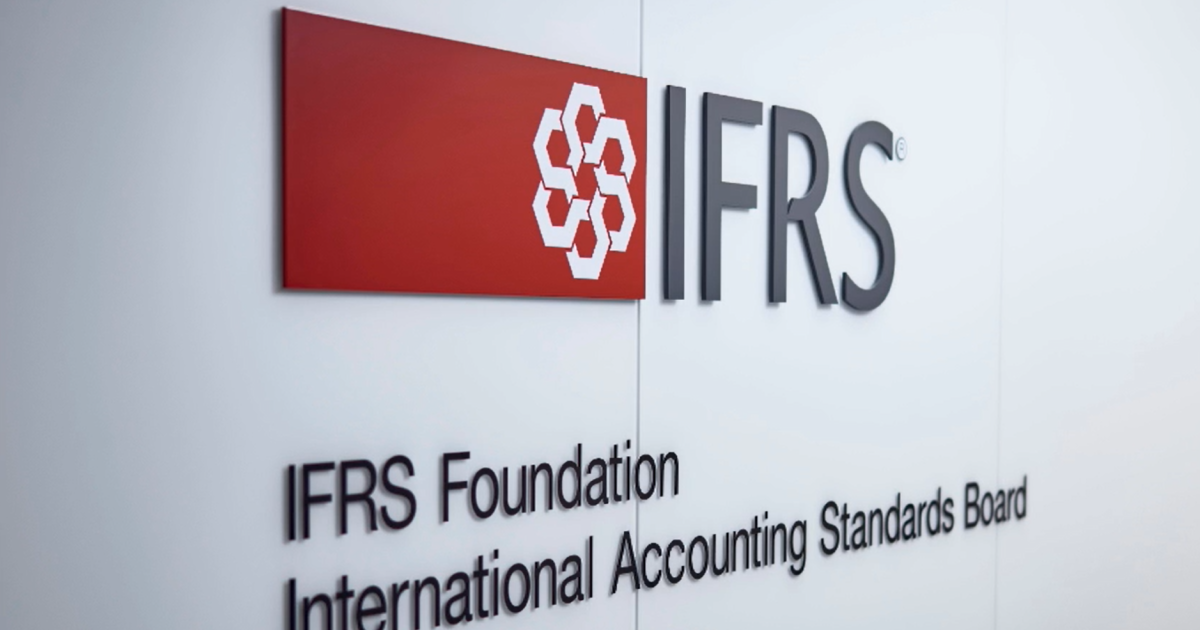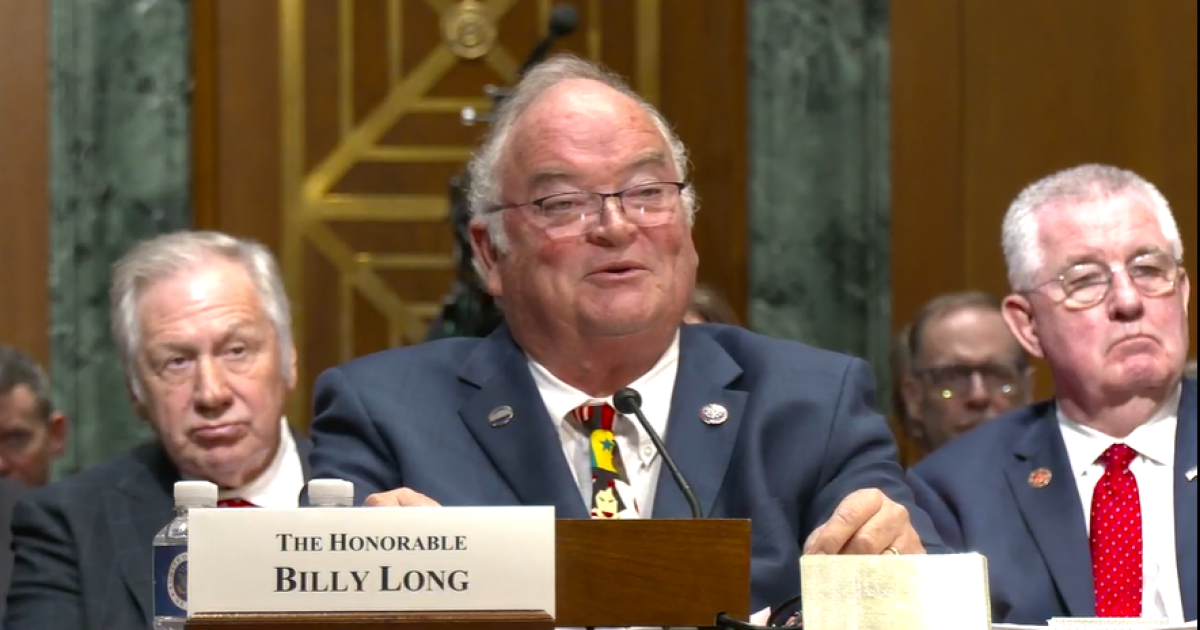The International Financial Reporting Standards Foundation has posted profiles of 17 of the 36 jurisdictions around the world that have either adopted or used International Sustainability Standards Board disclosures or are in the process of finalizing steps to introduce the IFRS Sustainability Disclosure Standards in their regulatory frameworks.
The jurisdictional profiles include information about each jurisdiction’s stated target for alignment with ISSB standards and the current status of its sustainability-related disclosure requirements.
“Why is the IFRS Foundation publishing these jurisdictional profiles, which set out by country or jurisdiction their approach to sustainability reporting. It’s really because we see this as part of our commitment to provide transparency to the market,” said ISSB vice chair Sue Lloyd during a press briefing. “It’s all very well talking about the use of our standards, but we know that different jurisdictions have made different decisions. They’re adopting the standards at a different pace, and by providing these profiles, we want to provide clarity, particularly for investors who are going to be relying on understanding the comparability of information between jurisdictions, to alert them to the similarities and differences in approach and to describe the extent to which we are achieving the global comparability that we have been working toward with the ISSB standards.”
She noted that the ISSB’s sister board, the International Accounting Standards Board, has also been publishing profiles on how different countries are complying with IFRS. In this case, it’s about sustainability reporting.
The profiles are accompanied by 16 snapshots that provide a high-level overview of other jurisdictions’ regulatory approaches that are still subject to finalization. Of the 17 jurisdictions profiled, 14 have set a target of “fully adopting” ISSB standards, two have set a target of ‘adopting the climate requirements’ of ISSB standards, and one targets “partially incorporating” ISSB Standards. The profiled jurisdictions cover Australia, Bangladesh, Brazil, Chile, Ghana, Hong Kong, Jordan, Kenya, Malaysia, Mexico, Nigeria, Pakistan, Sri Lanka, Chinese Taipei, Tanzania, Türkiye and Zambia.
Accounting Today asked Lloyd about the United States, where the Securities and Exchange Commission’s climate reporting rule is on hold amid a spate of lawsuits and Trump administration policy on environmental issues.
“What we are seeing continue to be the case in the U.S. is very strong investor interest in sustainability information, including from the use of the ISSB standards,” Lloyd said. “We also have interest from companies who can choose to provide the information using our standards. Of course, many companies in the U.S. in the past have chosen to use the Sustainability Accounting Standards Board standards voluntarily, so that sort of voluntary adoption momentum is something we still see from the company and the investor side.”
“I think it’s also important to remember that the SEC just recently reconfirmed that if information on things like climate is material, there’s already a requirement to provide material information in accordance with existing requirements in place,” she continued. “And the last thing I’d note on the U.S. front is that while the SEC has indeed moved away from their proposed rule, we do see action at a state level, including, for example, in California, where the CARB [California Air Resources Board] is looking at climate disclosures, including the potential to allow the use of the ISSB standards to meet those requirements, so we see progress, but in different ways perhaps.”
The ISSB inherited the Sustainability Accounting Standards Board standards as part of a consolidation in 2022. Besides California, a number of U.S. states are considering requiring climate-related reporting, including New York. Both the California law and a bill in New York address disclosure of climate risks and directly refer to ISSB standards. Other states, including Illinois, New Jersey and Colorado, are also considering climate reporting, and some reporting is also required under a Minnesota law.
Of the 16 jurisdictional snapshots published by the IFRS Foundation, 12 propose or have published standards (or requirements) that are fully aligned with ISSB standards (such as Canada) or are designed to deliver outcomes functionally aligned with those resulting from the application of ISSB standards (such as Japan). Three propose standards (or requirements) that incorporate a significant portion of disclosures required by ISSB standards, and one is considering allowing the use of ISSB standards. For these jurisdictions, their target approach to adoption is yet to be finalized. Once jurisdictions have finalized their decisions on adoption or other use of ISSB standards, the IFRS Foundation plans to publish a profile for these jurisdictions.
“The ISSB standards are bringing clarity to investors on the risks and opportunities lying in value chains across time horizons in a rapidly changing world,” said ISSB chair Emmanuel Faber in a statement Thursday. “A year ago, we committed to publishing detailed jurisdictional profiles describing adoption of our standards to complement our Inaugural Jurisdictional Guide. The profiles provide a detailed current state-of-play to investors, banks, and insurers who continue to struggle with the lack of appropriate, comparable and reliable information on these critical factors affecting business prospects. We have seen new jurisdictions joining the initial cohort of ISSB adopters every month, with a total of 36 today.”


 Economics6 days ago
Economics6 days ago
 Economics1 week ago
Economics1 week ago
 Economics6 days ago
Economics6 days ago
 Finance6 days ago
Finance6 days ago
 Economics6 days ago
Economics6 days ago
 Economics4 days ago
Economics4 days ago
 Blog Post5 days ago
Blog Post5 days ago
 Personal Finance4 days ago
Personal Finance4 days ago












